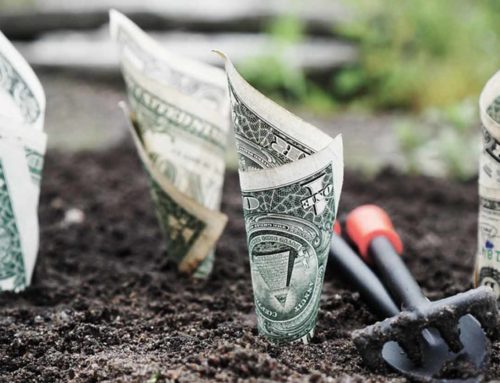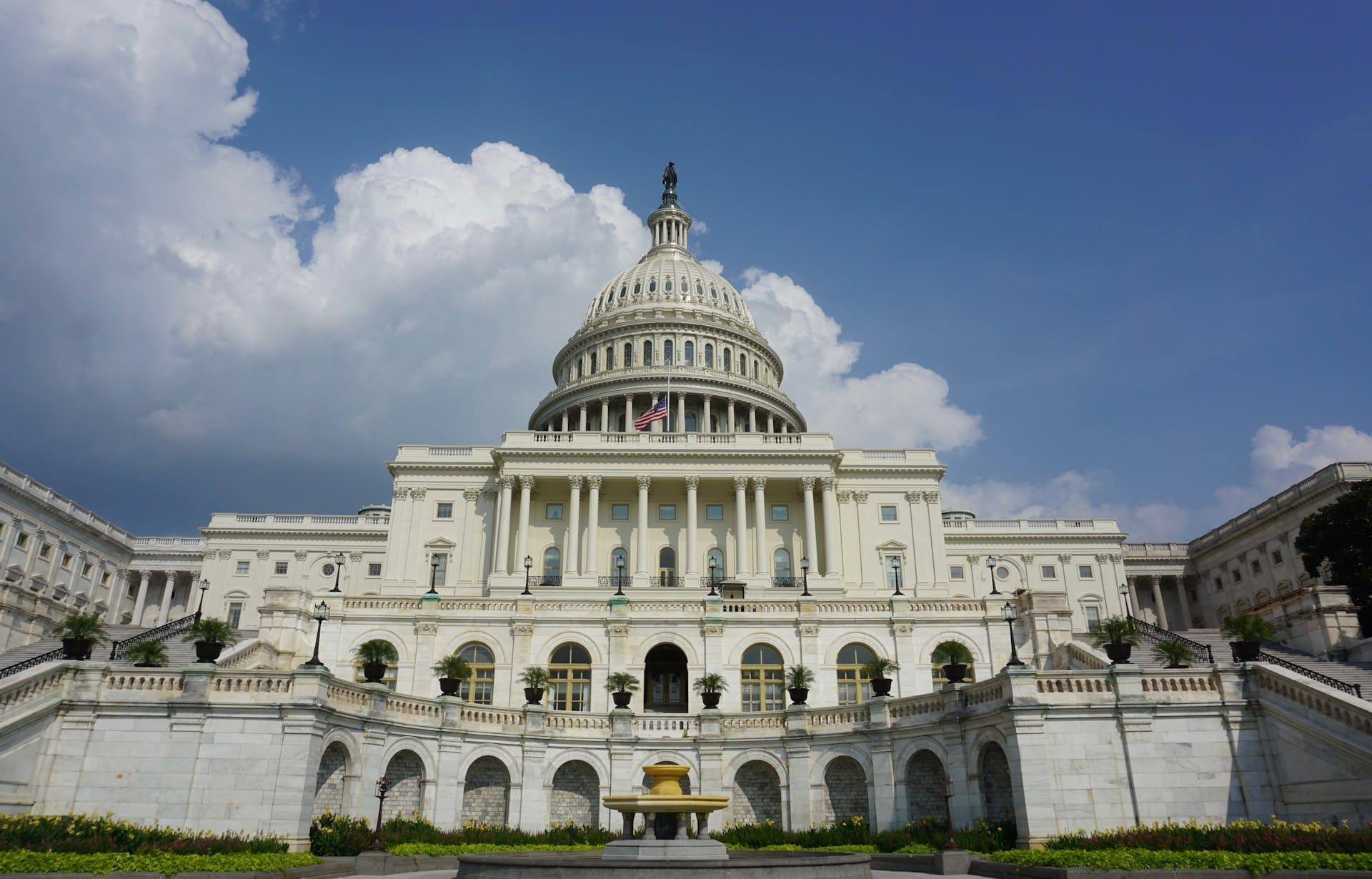The share of Utah under lease for oil and gas development could grow by nearly 280 square miles this week after the Bureau of Land Management completed its latest quarterly auction of drilling rights on public lands.
The 144-parcel online auction wrapped up Wednesday after three days of bidding, netting $1.5 million in bids, including $869,000 for 19 controversial parcels in San Juan County. These 32,000 acres overlap tribal cultural sites around Alkali Ridge and Montezuma Canyon east of Blanding.
An obscure South Jordan firm that has gone by Ayers Energy and Ayres Energy — and has no history in oil and gas drilling — bought leases on 15 of the San Juan parcels, further consolidating its large stake in this archaeologically sensitive region.
Tribal and environmental groups filed four separate protests on the San Juan leases, which will not be issued until they are resolved. Thousands of acres of other leases in this area are already the subject of at least two lawsuits. One was brought by Friends of Cedar Mesa.
“After this week’s sale and the one in December, there will be very few unleased parcels between Canyons of the Ancients and Bears Ears [national monuments,]” said Josh Ewing, executive director of Friends of Cedar Mesa. “We don’t think that’s appropriate for America’s most dense archaeological area, to be completely leased with no planning and no tribal input and at odds with all the data we have from that area. We will do whatever we can to get the government to reconsider its bad decision, including litigation as necessary.”
The BLM said cultural surveys are often too costly and time consuming to conduct in front of leasing. A more appropriate time is when operators seek permission to drill.
This week’s large offering, involving lands across the state, reflects the pro-energy development priorities under President Donald Trump. Industry representatives had “nominated” all the acreage offered at auction, but when it came to actually bidding, their interest waned a bit.
Most of the 144 parcels offered failed to attract the minimum $2-an-acre bid. That floor bid was accepted for 33 parcels — mostly in Sanpete County — while 30 parcels received bids exceeding the minimum. The remaining 81 now can be bought over the counter for $1.50 an acre in the BLM’s Salt Lake City office.
Finch said this week’s big lease offering aligns with established law and the Interior Department’s priorities.
“We are required by law to conduct quarterly lease sales and are required to consider industry’s expressions of interest,” she said. “We support energy independence, and this is one way BLM supports our multiple-use mandate. We are proud to offer these leases.”
The leases near Hovenweep and Colorado’s Canyons of the Ancients national monuments drew most of the fire because of the region’s huge concentration of archaeological sites left by Ancestral Puebloan cultures that thrived there until about 1250, before moving out suddenly.
Industry representatives argued ample safeguards are in place to ensure development does not harm these fragile sites, which feature masonry structures, kivas, granaries, burials and middens, along with pottery, sandals, tools and countless artifacts of everyday life.
“We actually know more about cultural resources in areas where oil and natural gas [drilling] occurs than other areas because companies are required to provide those surveys and those are by trained archaeologists,” said Kathleen Sgamma, president of the Western Energy Alliance, a trade group representing oil and gas producers operating in Western public lands states. “The cultural resources will be protected within the monuments. Where there are artifacts on leases, they’ll be identified and any artifacts found will be protected.”
Among the groups protesting the San Juan leases is the Pueblo of Acoma, one of numerous New Mexico tribes with ancestral ties to these lands. The tribe contends the BLM’s environmental review failed to address its concerns and the leasing “could result in uses of the land that are incompatible with maintaining the quality of Acoma’s cultural, sacred sites and historic properties.”
Also voicing objections to the sale were the San Juan County Commission, Bluff City Council, the All Pueblo Council of Governors, the Navajo Utah Commission and the Southern Utah Wilderness Alliance.










Get Social